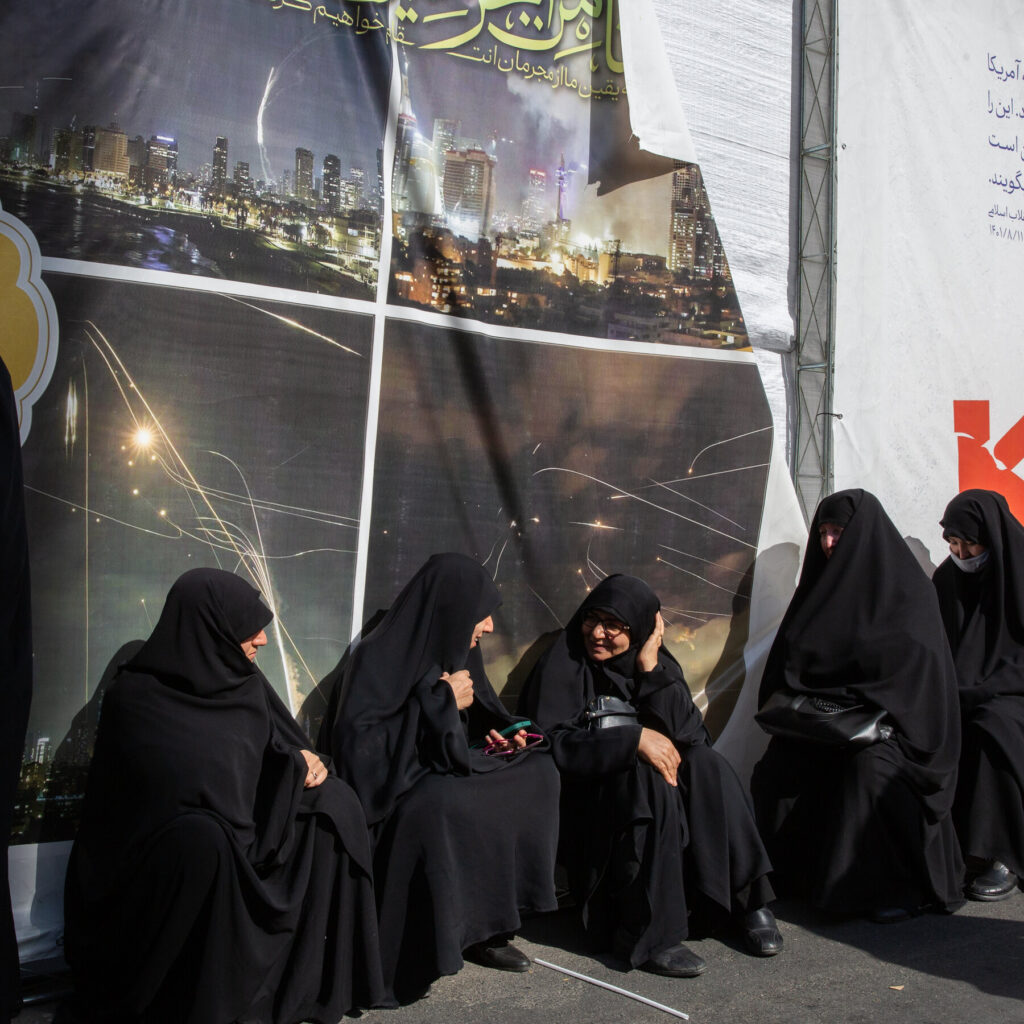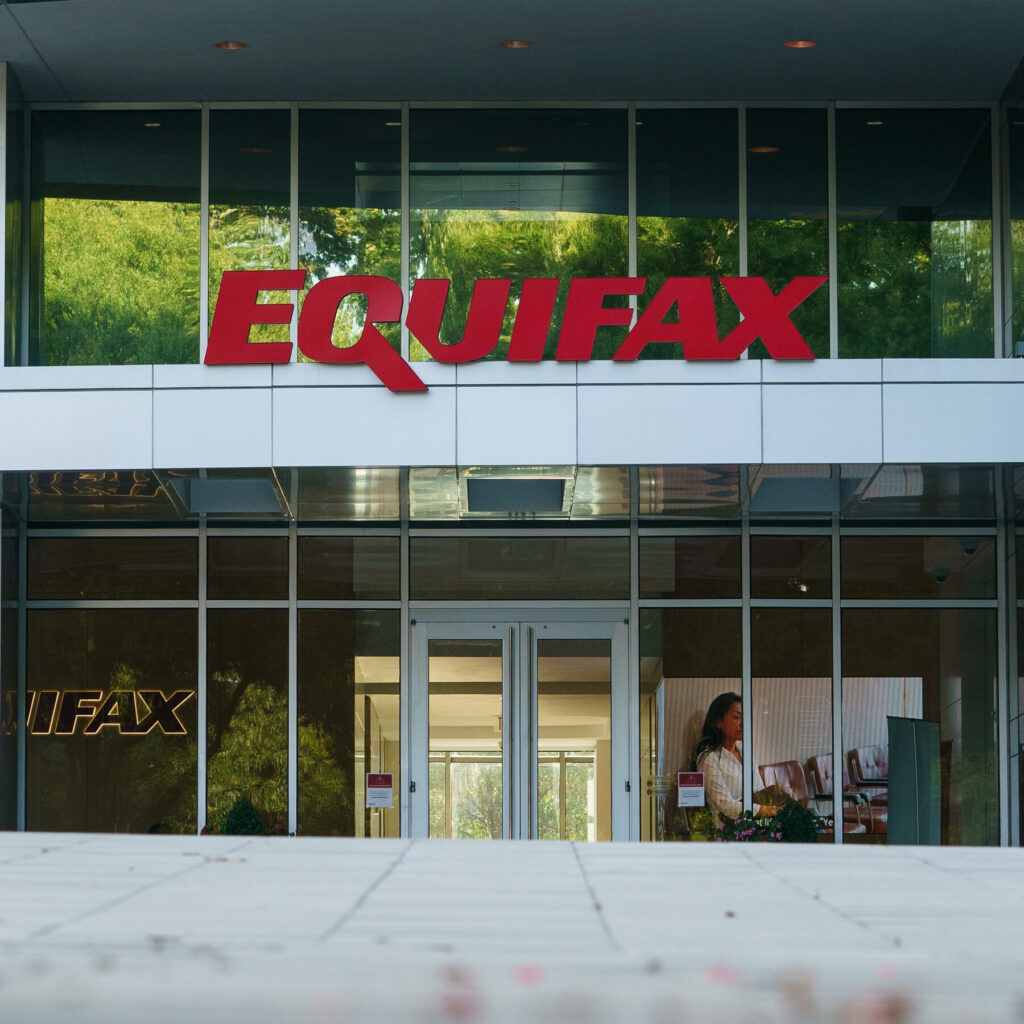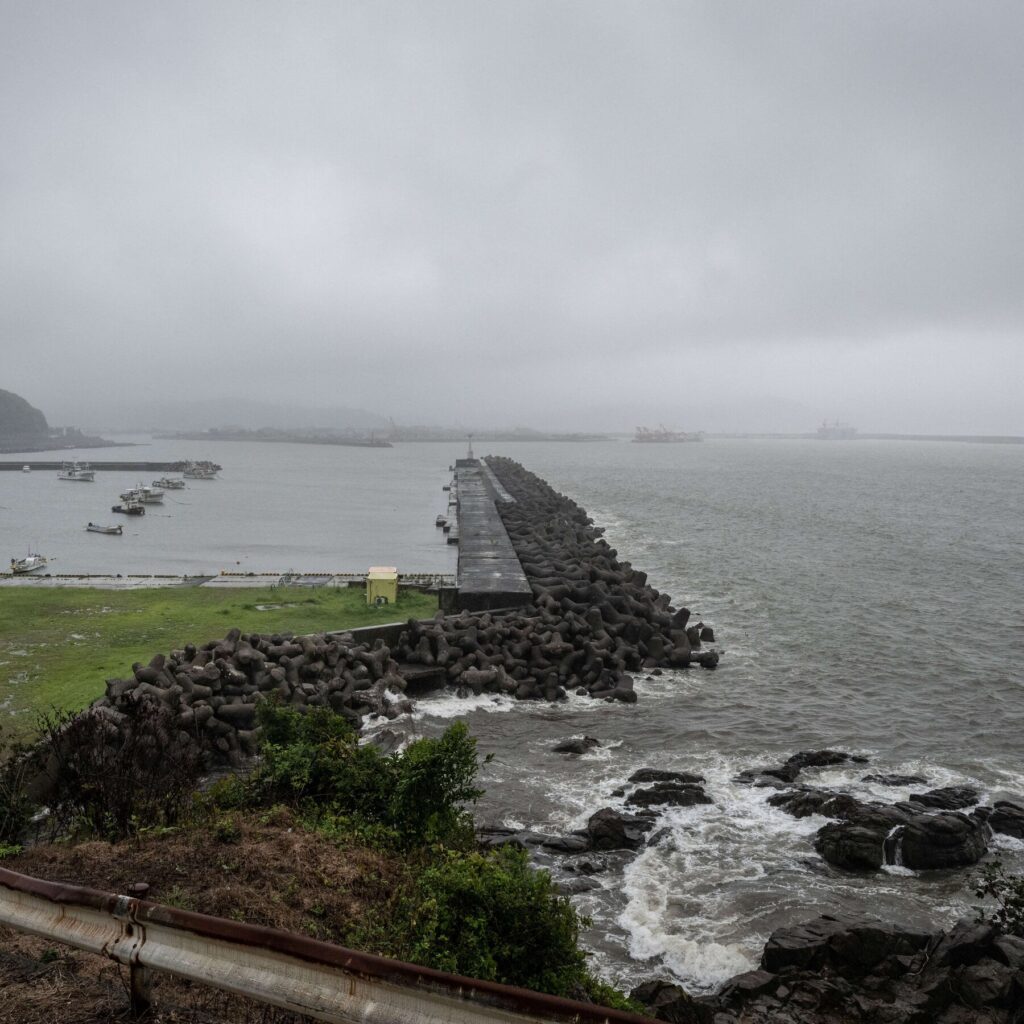The Dangerous Stalemate Over Iran’s Nuclear Program

*Tehran’s opaque nuclear activities, the absence of meaningful talks, and a lack of robust international oversight have heightened fears across the Middle East that a direct clash with Israel could become inevitable.*
The diplomatic deadlock surrounding Iran’s nuclear program has deepened over the past year. Since the United Nations‑backed Joint Comprehensive Plan of Action (JCPOA) effectively collapsed in 2018, Tehran has pursued a series of enrichment steps that push its capabilities well beyond the limits set by the original accord. While the International Atomic Energy Agency (IAEA) continues to monitor the country’s nuclear facilities, its inspectors have repeatedly reported gaps in access and a lack of transparency regarding the amount of enriched uranium and plutonium stockpiled in the country.
Regional actors, especially Israel, have warned that the growing uncertainty around Iran’s nuclear inventory represents a direct threat to their security. Israeli officials argue that without a clear, verifiable framework—such as a revived JCPOA or a new multilateral agreement—Tehran could move swiftly toward a weapons‑grade nuclear capability. In response, Israel has hinted at the possibility of pre‑emptive action, a stance that has been echoed in various security assessments from U.S. and European think tanks.
The United States, under the current administration, has signaled a willingness to return to diplomatic negotiations, but concrete steps have yet to materialize. European powers, meanwhile, have urged Tehran to grant the IAEA unfettered access and to halt further enrichment beyond 3.67% purity, the limit stipulated in the 2015 deal. Tehran, for its part, claims it is complying with its sovereign right to peaceful nuclear development and accuses the West of double standards.
The stalemate is not merely a technical impasse; it fuels a broader climate of suspicion and militarization in an already volatile region. Countries such as Saudi Arabia and the United Arab Emirates have voiced concerns that Iran’s unchecked nuclear progress could destabilize the strategic balance, prompting an arms race or encouraging proxy conflicts. Meanwhile, domestic politics within Iran—where hardliners and reformists vie for influence—add another layer of unpredictability to the calculus.
Analysts warn that without a clear, enforceable mechanism to verify Iran’s nuclear material and without a diplomatic pathway to address lingering grievances, the risk of miscalculation grows. A single incident—whether a cyber‑attack on a nuclear facility, an alleged covert weapons test, or an accidental escalation at a border outpost—could ignite a broader confrontation between Tehran and Israel, drawing in the United States and other allies.
In short, the current impasse over Iran’s nuclear program leaves the region teetering on a precarious edge. The absence of negotiations, the limited oversight by the IAEA, and the opacity surrounding Tehran’s nuclear stockpile combine to create a scenario in which many regional leaders fear that a war with Israel is not a question of “if,” but of “when.” The international community faces mounting pressure to break the deadlock, restore transparency, and establish a durable framework that can prevent the dangerous stalemate from turning into an open conflict.





